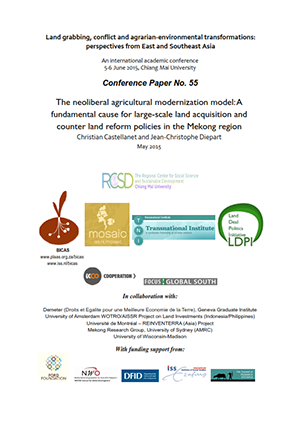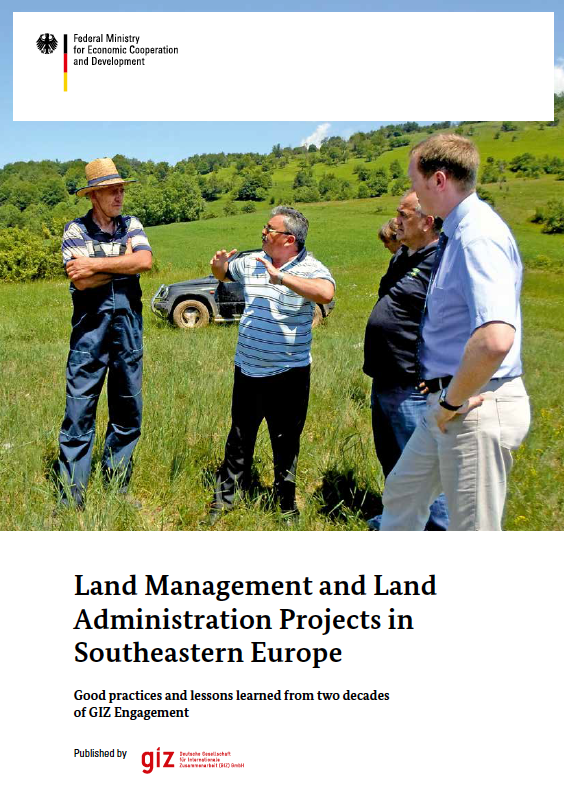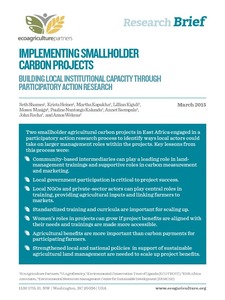The Neoliberal Agricultural Modernization Model: A Fundamental Cause for Large-Scale Land Acquisition and Counter Land Reform Policies in the Mekong Region
This conference paper examines how the ideology and programmatic set of policies coined in the term ‘neoliberal modernization’ applies to agriculture and practices in the Mekong region.










